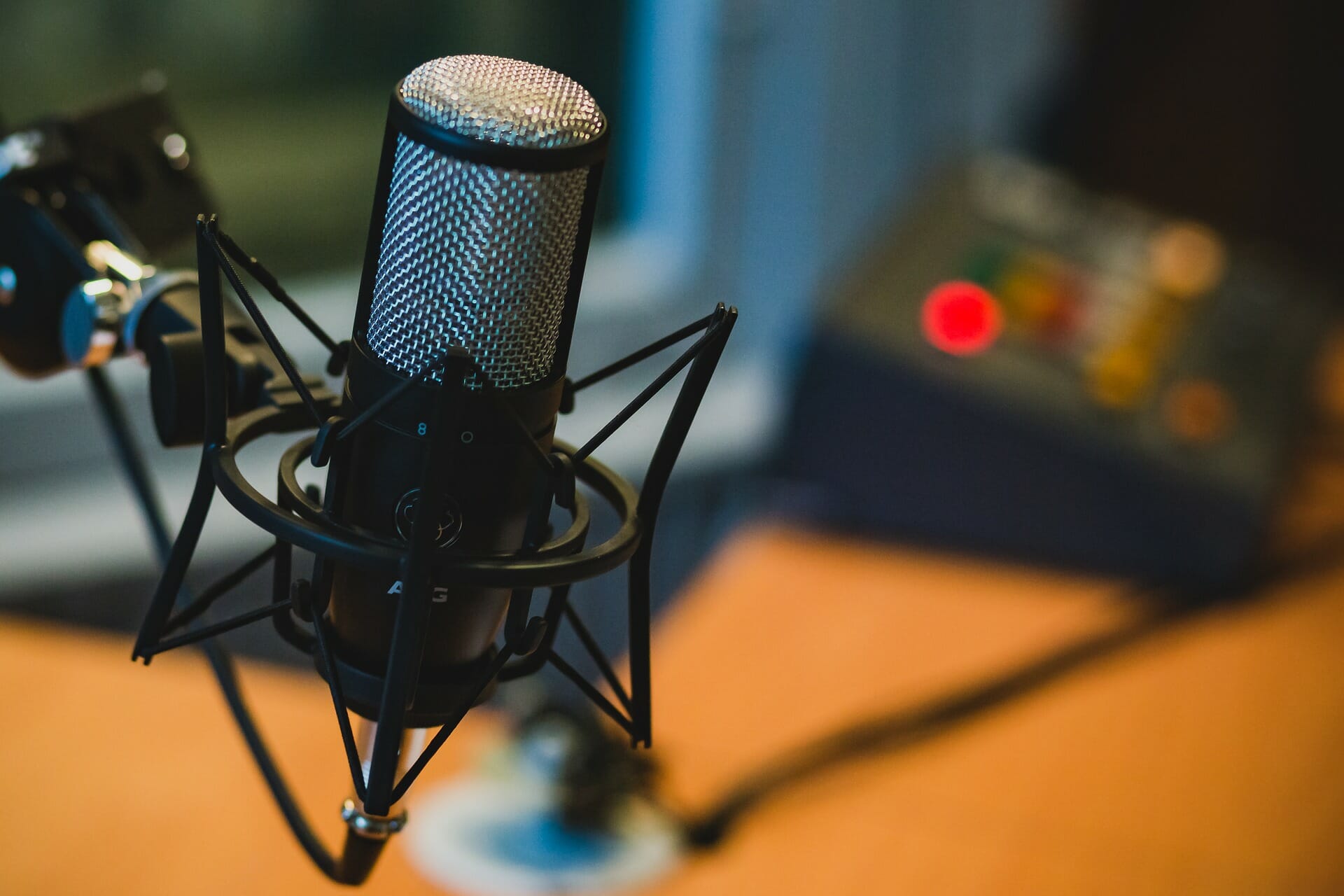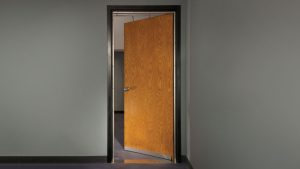How to start a podcast from scratch?
Since they began gaining in popularity in the 2000s and 2010s, podcasts have become a massive part of the world’s media landscape. Some are produced by big media companies, some from independent podcast collectives. Some are funded by donations from listeners, some by sponsorships. Some were created by radio and tv broadcast professionals, some by amateurs that are figuring out what they’re doing as they go along. Podcasts cover a vast array of topics with a wide variety of tones and intentions from true crime to advice, to interviews, to straight up comedy, and on and on.
There are so many podcasts on so many subjects that you may have said to yourself “I should start one of these. I have a lot to say.” That’s awesome! You should do that. But if you want people to listen, you need to be aware that podcasting isn’t quite as easy as talking into your computer and uploading to the internet. When you start thinking about how to start your own podcast, here are some steps you can follow.
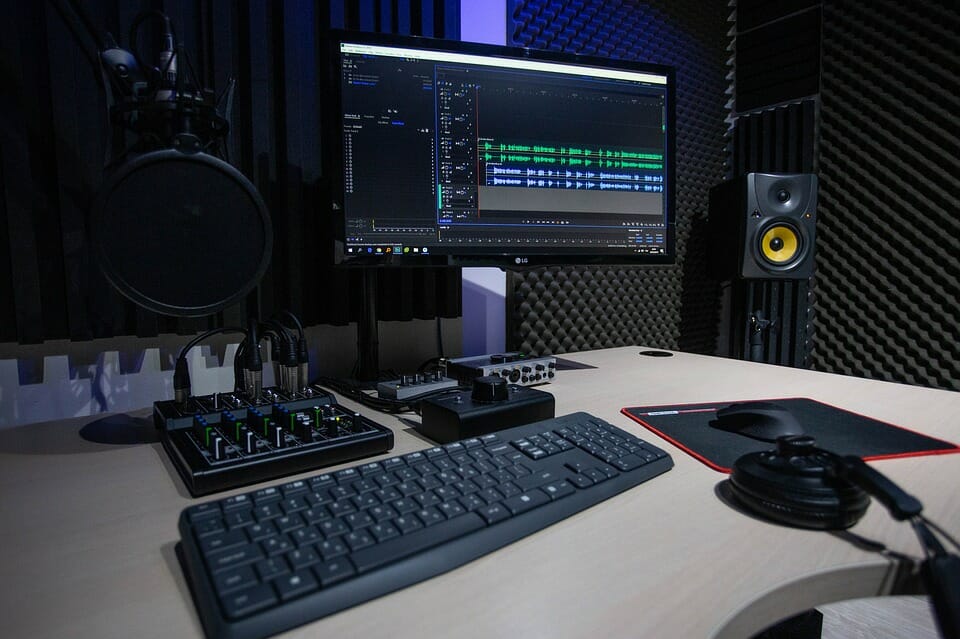
Know Your Format
When starting your own podcast, it’s important to know what you want to talk about. That doesn’t necessarily mean that you need to have every single episode mapped out before you record the first one, but you should be aware of the kind of topics you want to address. An actual-play RPG podcast has different needs than a pop-culture recap show. Knowing the focus for your project will help you figure out what you need to make that project a reality.
It’s also extremely important to consider your audience. Invest in editing software. You only want them to feel like they’re in the room with you. Invest in some editing software so that you can cut vocalized pauses like “um” or “ah” out of your conversations as much as possible and remove lengthy digressions that might bore your listeners and add an extra 20-40 minutes to your episode’s runtime. It’s always better to leave your audience wanting more from you.
Another part of making your audience feel like they are in the room with you is ensuring high sound quality. Many of your listeners will be playing your new podcast on earbuds or headphones that will amplify every flaw in your recording set-up. And while people who are invested in you as a host or in your subject can be very forgiving, they will be more likely to stick around if you work to make the experience of listening to you as painless as possible.
The type of microphone you use will have a big effect on your sound. Many headphone and earbud manufacturers include a microphone in their products, but a dedicated mic with a windscreen or pop filter will make a big difference. Without that layer of protection, you can spike the levels on your recording every time you say a word that includes the letter p.
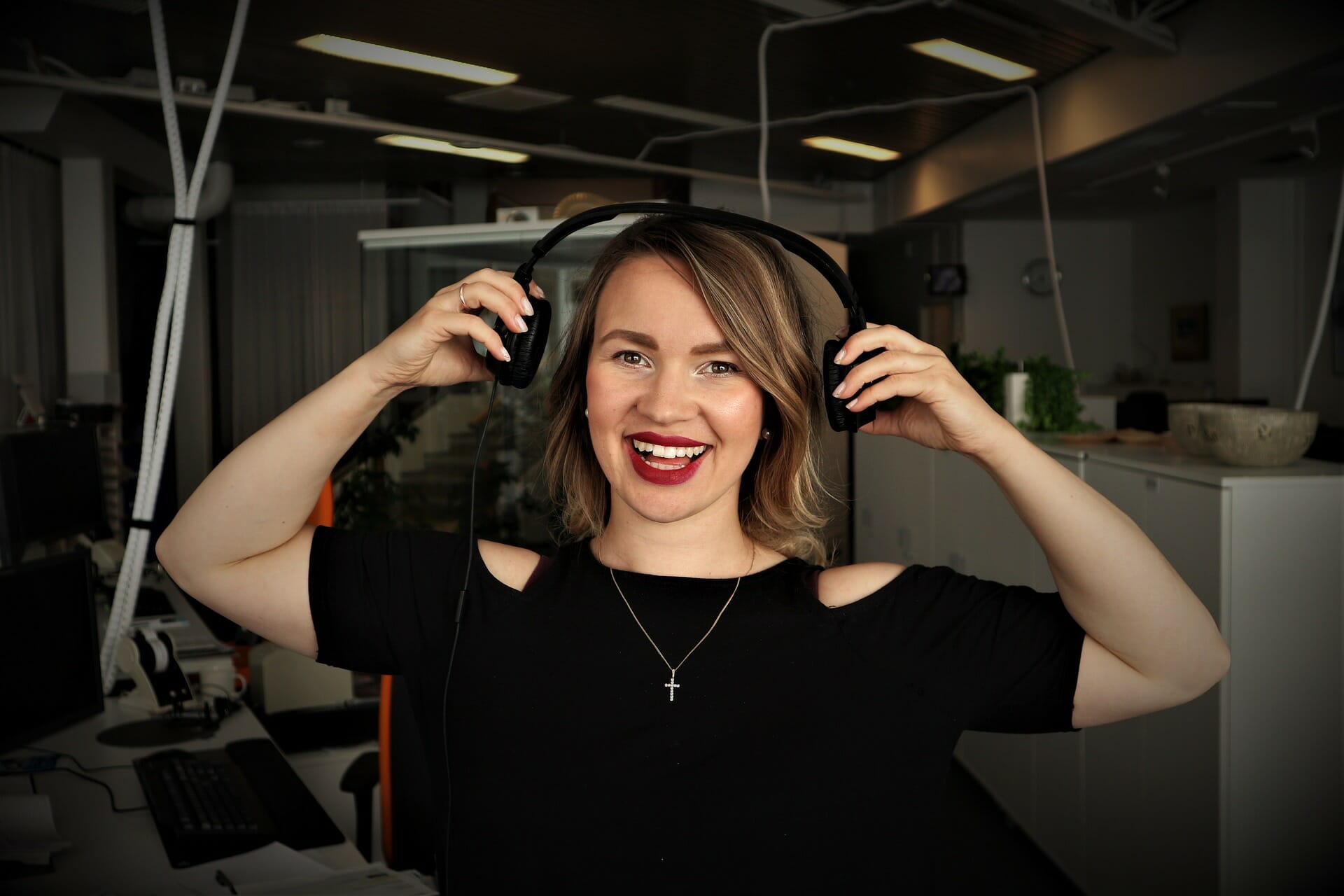
A soundboard can also make your recording easier. Beyond allowing you to drop in some pre-recorded sounds, it also makes mixing your podcast and adjusting the sound levels from any guests you may have simpler and more immediate. A good soundboard can be a godsend if you have guests recording via a video chat service or even if you have multiple people recording in the same room.
All this is not to say that in order to start a podcast you must have top-of-the-line recording equipment. You can make do with some less expensive alternatives—especially when you’re just starting up and trying to build a following. What you simply cannot skimp on is your recording environment.
Acoustic Excellence
The best microphone in the world won’t make much difference if you record in a space that doesn’t sound good. Rooms with lots of sharp edges and hard surfaces tend to have a lot of echo and make you sound distant. When you choose a room for your recording, install materials for sound absorption. You’ll be amazed at the difference the right acoustic materials can make. Another benefit to putting up sound absorbing materials is that they often look cool in addition to making you sound better so if you decide that you want to put a video version of your new podcast online, your audience will be able to see how good your taste is.
The sound outside your recording area also plays a part in your sound quality. Nothing is worse than a huge noise from another room covering up the punchline to a great joke. Recording at a time of day or night when your housemates and/or neighbors aren’t up and about is one option, but you can also mitigate outside noise by taking steps to insulate your recording spot. Treating your windows or using acoustic door sealing kits will help reduce interference from some sources of outside noise. You may not be able to fully soundproof your studio space, but with the right products and a little elbow grease, you can do the next best thing—and your audience will thank you for it.
Make Your Voice Heard
When you start thinking about how to start a podcast, there are a lot of factors that you may not have considered that come up. But those factors can be tackled fairly easily with a little research and a few judicious investments. You have the idea. You have the voice. Now all you have to do is put your voice in the best position to be heard. We’re listening.

